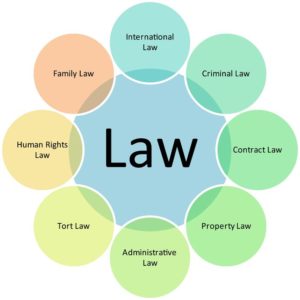Unexpected Resource for Client Effectiveness Tips
 I seem to know a lot of attorneys with special needs children. One of them described to me how he manages himself and his special needs child in situations that might increase her stress. As he described his process, it reminded me of how effective lawyers steer their clients through the twists and turns of the legal process.
I seem to know a lot of attorneys with special needs children. One of them described to me how he manages himself and his special needs child in situations that might increase her stress. As he described his process, it reminded me of how effective lawyers steer their clients through the twists and turns of the legal process.
In this time of economic turmoil and uncertain futures, today all lawyers have stressed out clients to deal with. See if this parent’s process for a special needs child might help you be more effective in managing both yourself, and those you advise, in stressful situations. […]


 Introducing guest blogger –
Introducing guest blogger – 





